[ad_1]
An old pencil factory repurposed as a migrant care center in southern Costa Rica — just near the border with Panama — became the unexpected destination for around 200 people deported from the United States in mid-February. Among them were dozens of minors. These migrants had originally come from countries as varied as China, Iran, Vietnam, Ethiopia, and Uzbekistan. All planned to apply for asylum in the United States. However, the Donald Trump administration detained them at the U.S.–Mexico border and quietly deported them to the Central American country — a move that received little attention in the media.
In Panama, around that same time, the number of deportees from the United States and other countries had reached 300. The deportees were initially housed in a hotel in the capital, Panama City, where they pleaded for help by hanging signs from their windows. Shortly after, those who refused to be repatriated to their countries of origin were sent to a detention center at the edge of the Darién jungle, near the border with Colombia.
In both Costa Rica and Panama, the migrants have since been released — thanks largely to legal action by humanitarian organizations against the governments of both countries. But the deportees remain in limbo: they are in undisclosed locations, have limited resources, and refuse to return to their home countries out of fear of persecution.
These are not isolated incidents. The most high-profile case in the wave of deportations ordered by Trump was that of approximately 250 Venezuelans sent to a Salvadoran prison in March, where they reportedly remain. But there are more. Mexico has quietly received 5,466 foreign nationals deported since the Republican magnate returned to the White House on January 20, according to data from the Mexican government.
Nor is this a new practice. However, the current U.S. administration has entered into agreements with Latin American governments that, according to human rights experts, offer little in the way of legal guarantees. From the White House’s perspective, the arrangement has a threefold advantage: it allows for the expulsion of people from countries with which the U.S. lacks deportation agreements; it frees up space in detention centers; and it sends yet another clear deterrent message to migrants.

From the very beginning, many questions were raised about the legality of these deportations, says Ariel Ruiz Soto, senior analyst at the Migration Policy Institute (MPI) think tank.
“Deporting people from the United States to a country that is not their country of origin is not technically illegal, but the process must comply with both national and international legal standards,” he explains. “What we’ve seen is that President Trump wants to expand and push the limits of what immigration law allows. By declaring a state of emergency [Trump signed an executive order on his first day in office declaring a migration emergency], the president assumed a set of powers that give him greater control over how to manage and reduce certain rights of foreign nationals, whether documented or undocumented,” Ruiz says, elaborating on the legal situation inside the country.
Despite court orders to the contrary, the state of emergency has also effectively closed the door to new asylum applications and sped up deportation proceedings by limiting immigrants’ ability to appeal their cases in court.
On the other hand, under international law, a country is under no obligation to accept foreign deportees unless it does so voluntarily or through a specific agreement with the government ordering the deportation. In past cases — such as the agreement signed by the European Union with Turkey during the Syrian refugee crisis, or the “Remain in Mexico” program under Trump’s first presidency — these agreements included the guarantee of being able to request asylum, either in the final destination or in the third country providing temporary refuge. For this reason, such treaties typically emphasized that the third country was “safe.” That’s no longer the case.
“This is what human rights advocacy groups are calling illegal: the fact that people are being sent without protections and that the rights of migrants to seek asylum are being bypassed,” Ruiz warns.
Now, however, the message is that deportees would only remain in these third countries for a short time; in other words, while they find a way to return to their countries of origin. Mexican President Claudia Sheinbaum addressed this issue last week.
“When President Trump came into office, we decided — for humanitarian reasons, without signing anything at all — to accept people of other nationalities, particularly those coming through the northern border, and most of them voluntarily decided to return to their countries,” said Sheinbaum.
Mexico has received more than 5,000 foreigners, mostly from Central America and the Caribbean, deported from the United States. It is by far the country that has received the most deportees, though the figure is still well below the 30,000 per month that former Mexican president Andrés Manuel López Obrador agreed to take in during the height of the post-pandemic migration crisis, in coordination with former U.S. president Joe Biden.
In Mexico, these deportations haven’t attracted much attention, but in Costa Rica and Panama, they have sparked controversy. These governments backed down in response to several lawsuits accusing them of violating deportees’ rights and public pressure at home. The public has been alarmed by the conditions in which people who have committed no crime — and are, in fact, fleeing persecution — were being held.
In Panama, the migrants were transferred from the jungle back to the city and released in early March. They were given 30 days to leave the country however they could. Several of those interviewed by the Associated Press — including an Afghan who had worked for the government overthrown by the Taliban, and had unsuccessfully tried to resettle in Iran and Pakistan, and a Russian member of the LGBTQ+ community who fears persecution under Vladimir Putin’s regime — said they planned to try to seek asylum in the U.S. again, as they saw no other option.
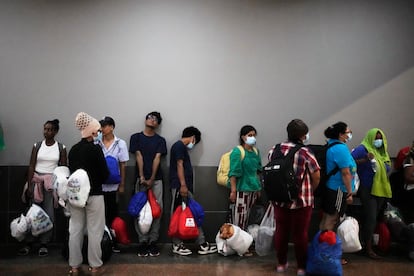
The response was different in Costa Rica. In the last week of April, Costa Rican authorities announced they would allow deported individuals to remain in the country or leave if they preferred. In statements to The New York Times, Omer Badilla, head of the country’s immigration authority, said they would ensure the protection of foreign deportees. “If the person has a well-founded fear of returning to their country, we will never send them back,” he said.
For now, these types of flights from the United States have been suspended — those bound for El Salvador due to an intense legal battle playing out in the U.S. — as the involved governments evaluate their next moves.
“Guatemala and Ecuador are watching the reaction in Panama, Costa Rica, El Salvador, and Mexico to decide how or who they will receive in the future,” says analyst Ariel Ruiz. “I would be very surprised if Guatemala decides to receive people from Asian countries, for example, but I would not be surprised if it were open to receiving people from other Central American countries. In Ecuador, the president [Daniel Noboa] said shortly before his electoral victory that he would not do so, or only in certain specific cases. But he could change his mind.”
In addition to considering legal consequences and public opinion, these countries must also weigh the pressures and incentives coming from the United States. El Salvador’s President Nayib Bukele, for instance, will reportedly receive millions in compensation (at least $6 million, according to Bukele himself) in exchange for imprisoning Venezuelan migrants in his maximum-security prison, as well as extraditing several gang leaders previously in U.S. custody. Panama, meanwhile, faces threats from Trump about taking control of the canal. Hanging over all these negotiations is the ever-present threat of tariffs — or the opportunity to curry favor with the most powerful man in the world.
Beyond the Americas, negotiations for similar agreements have also been taking place behind closed doors. According to several U.S. media reports last week, Libya and Rwanda — which had already negotiated a controversial, albeit never implemented, deal with the United Kingdom years ago — are now in advanced talks.
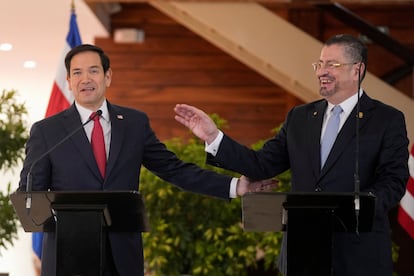
Marco Rubio, the U.S. secretary of state who recently also assumed the role of national security adviser — making him the most powerful figure in Trump’s cabinet — made it clear during a cabinet meeting, seated beside the president, that this approach to deportation is only just beginning.
“We are working with other countries to say, ‘We want to send some of the most despicable human beings to your countries,’” Rubio said during the White House meeting on April 30. “‘Will you do that as a favor to us?’ And the further away the better, so they can’t come back across the border.”
Sign up for our weekly newsletter to get more English-language news coverage from EL PAÍS USA Edition
[ad_2]
Source link

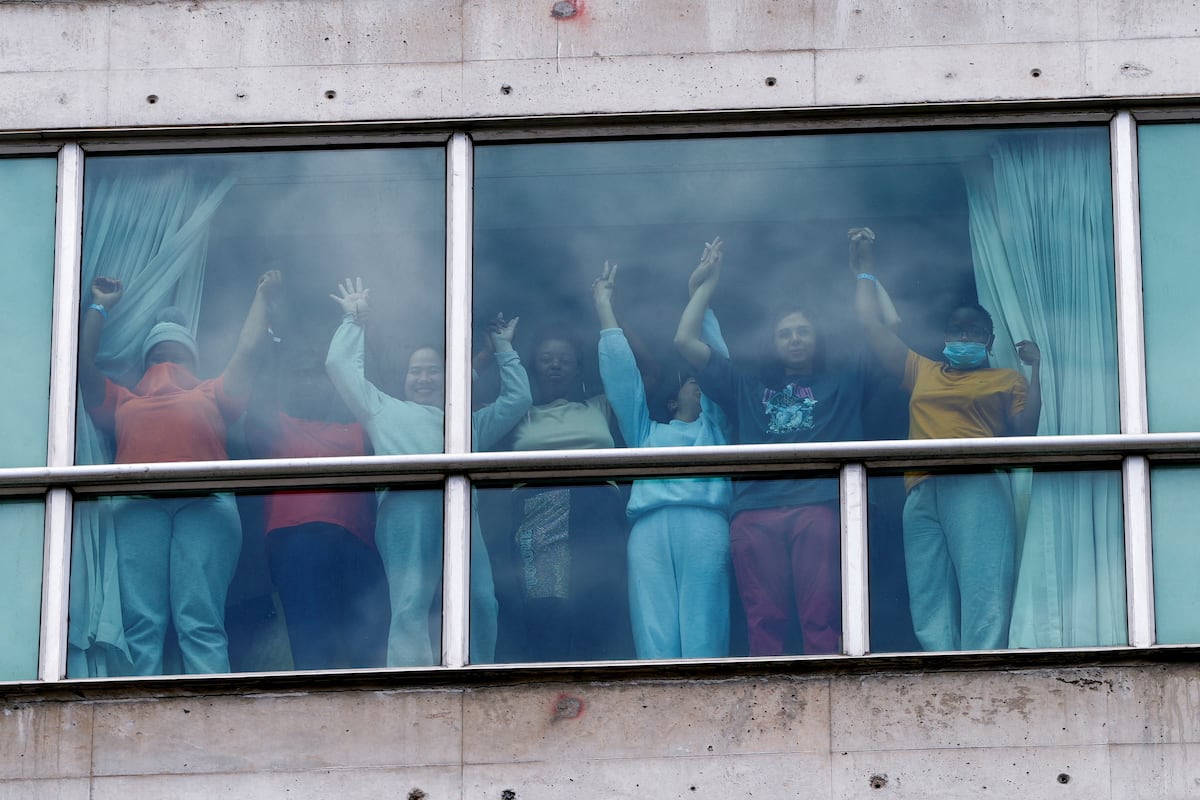

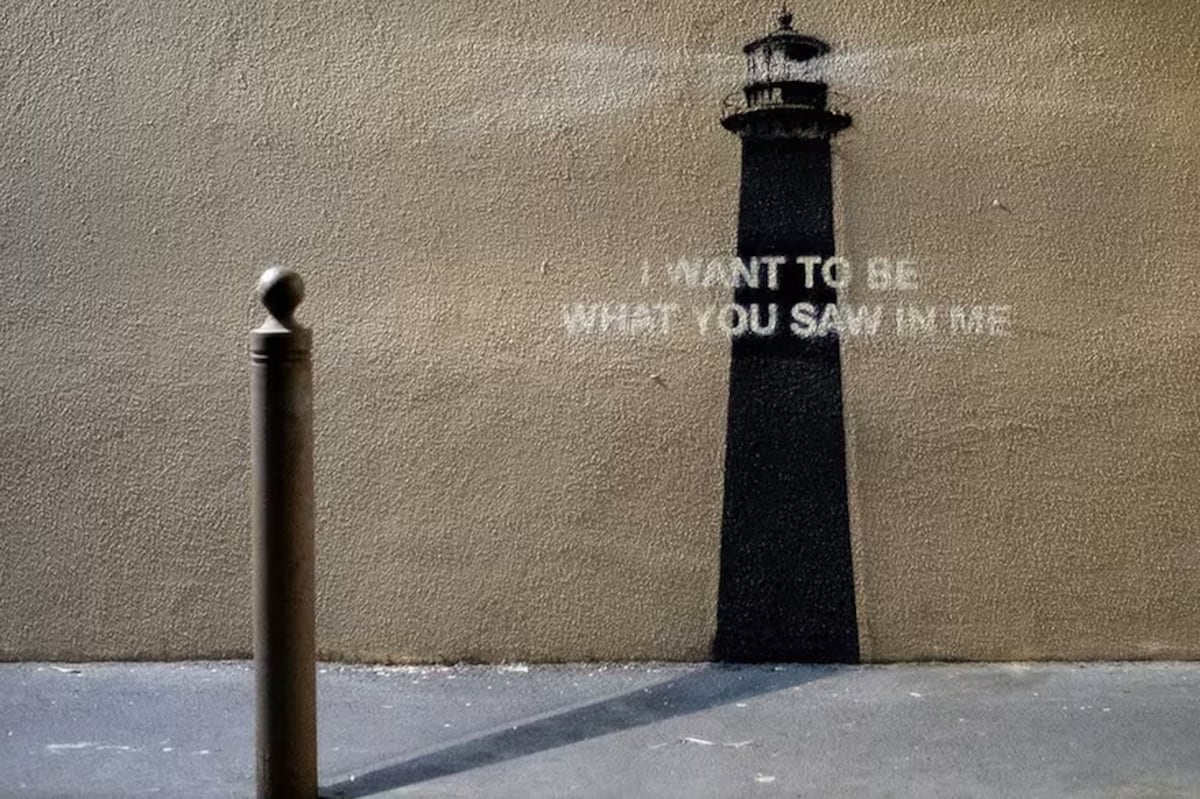

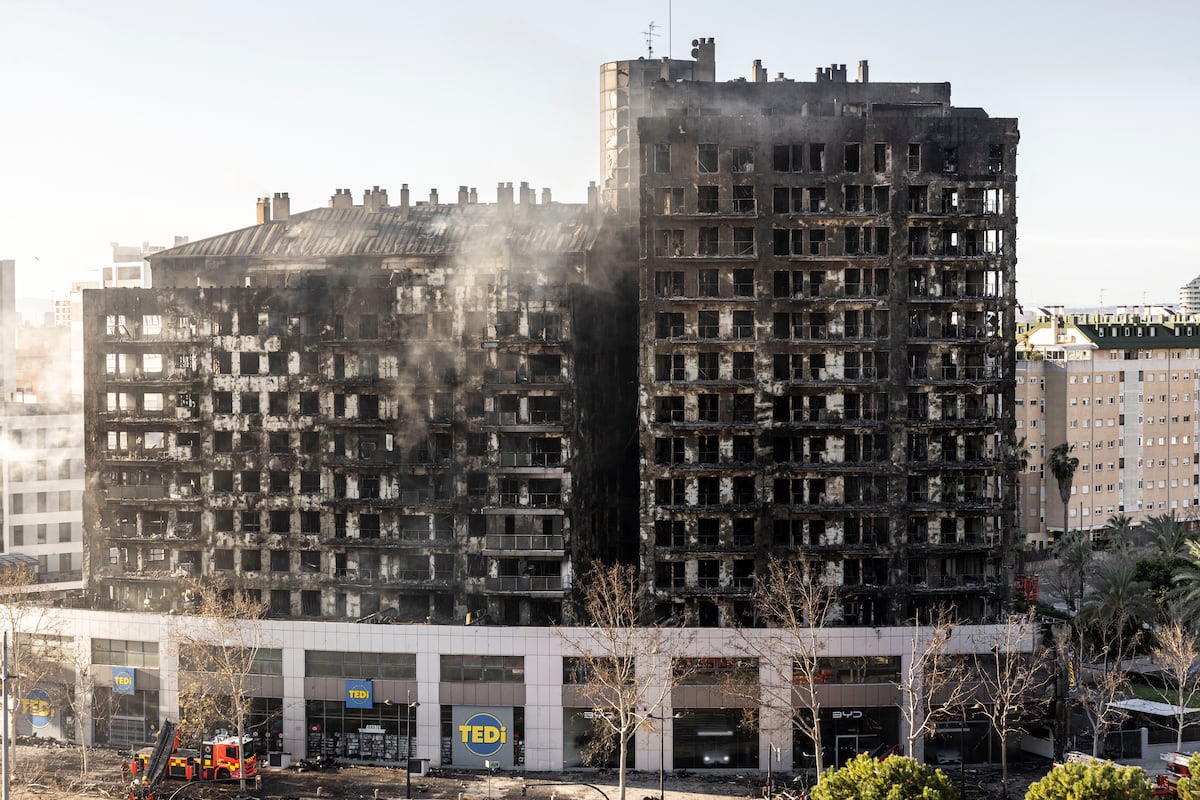

Comentarios